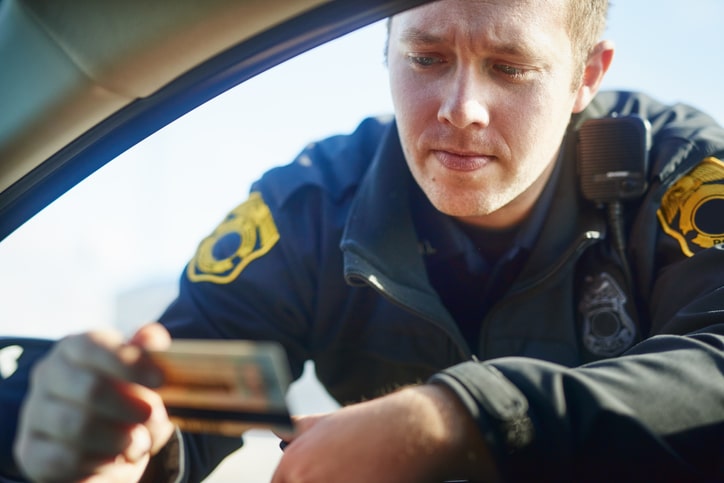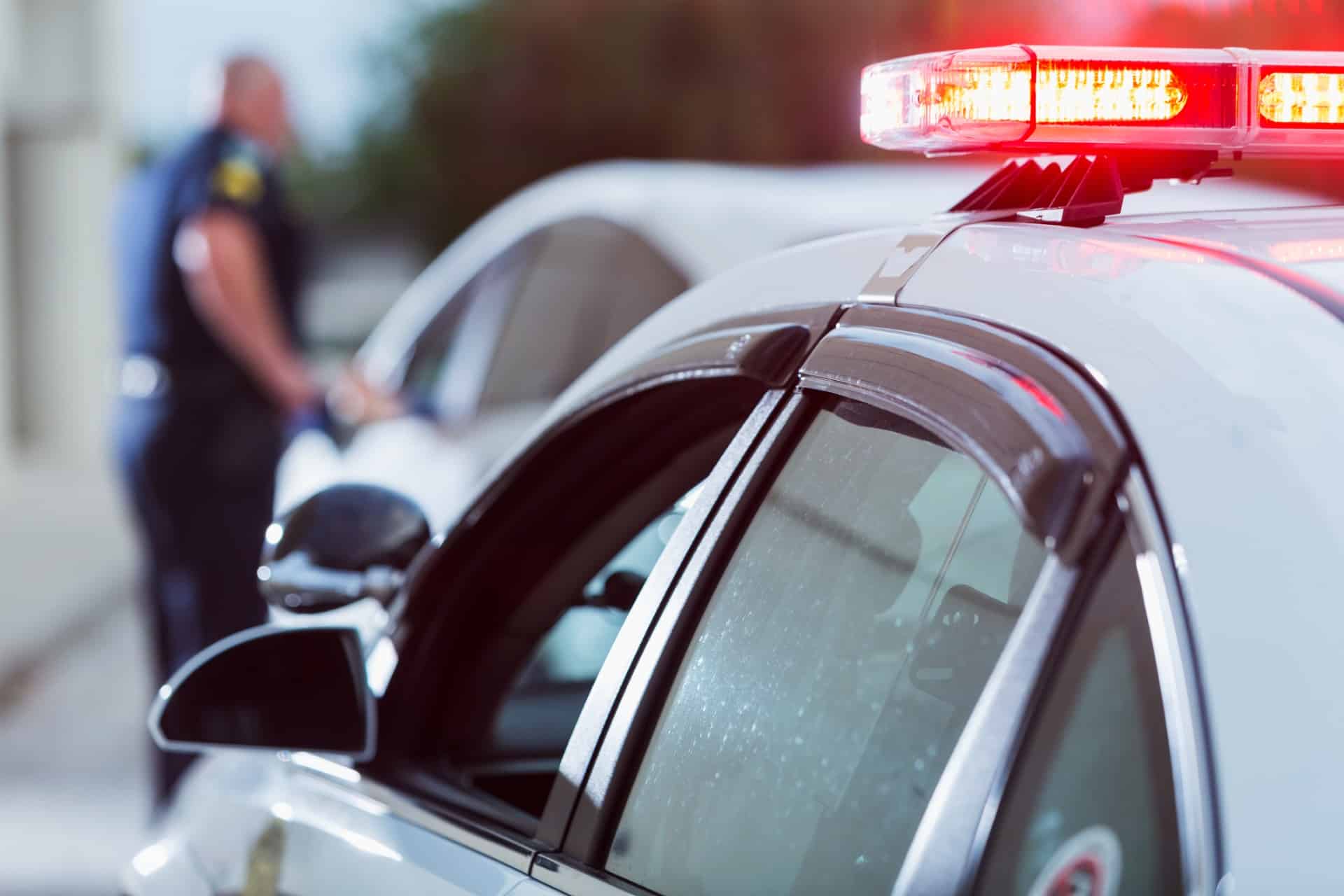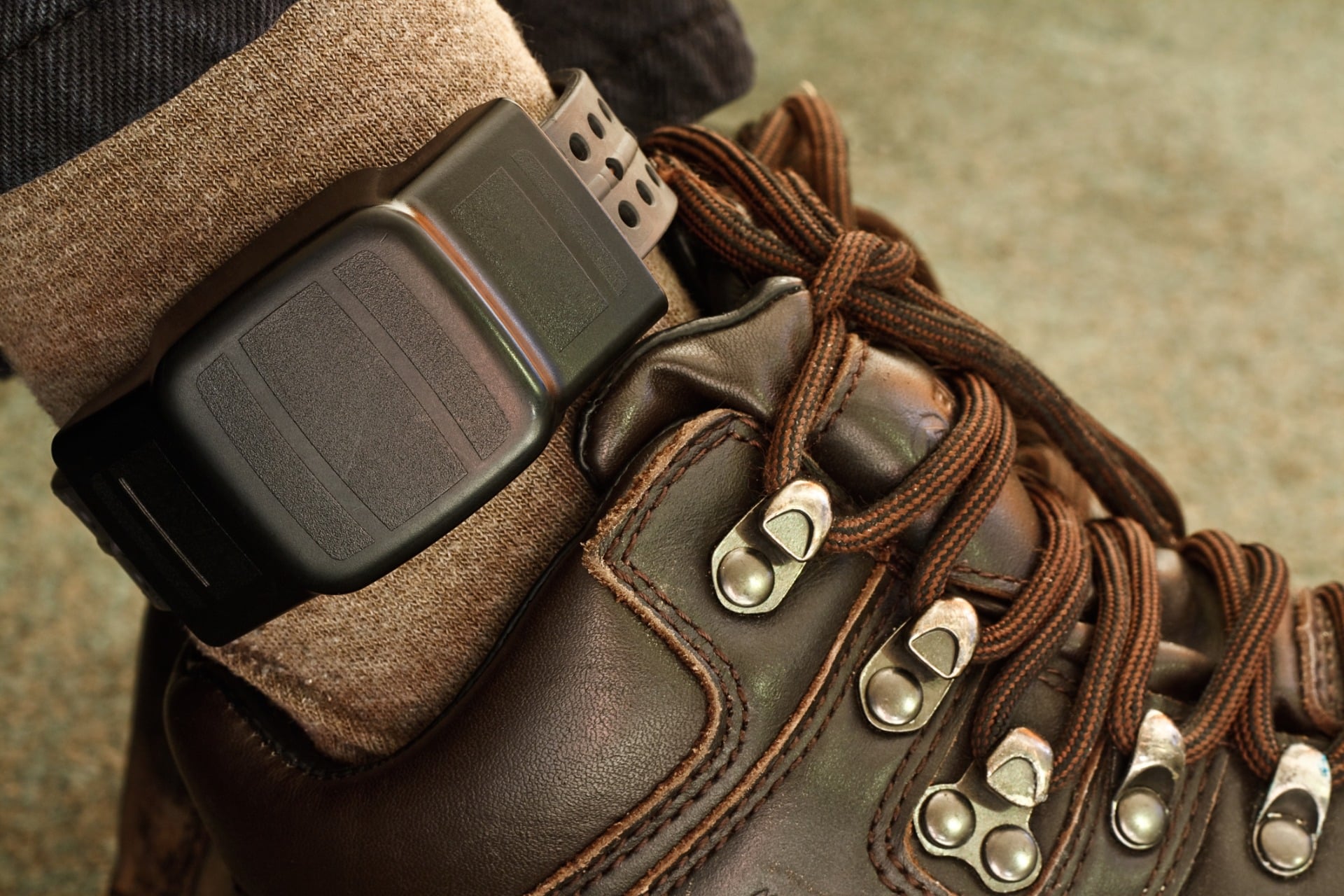Embarking on the Missouri driver's license reinstatement journey can be paved with questions and uncertainty.…

What Happens During a Drug Charge Trial in Kansas City?
Are you facing drug charges in Kansas City, Missouri? You may be wondering what you can expect from your trial. Read this blog post to find out.
Arraignment
After a drug-related arrest, one of the first steps taken is arraignment. This is when charges are formally stated to the defendant (the individual who is facing charges). During the arraignment, a judge will present the defendant with the charges that are being leveled against them. They might offer to read them aloud. At the arraignment, the defendant can make a plea. They can plead guilty, not guilty, or nolo contendere (no contest).
- Guilty: The defendant accepts the charges and formally admits guilt.
- Not guilty: the defendant contests the charges and claims innocence.
- Nolo contendere: The defendant neither admits guilt nor contests the charges.
What Happens Next?
Typically, only one of these three options will lead to a trial by jury. Why is that? Let’s take a look at what each plea might lead to.
Guilty: If the defendant pleads guilty, they are essentially admitting guilt officially to the judge and the court. In so doing, they’re also effectively waiving their right to a trial by jury and opting to move forward with their sentencing. As such, after a guilty plea, defendants will forego the trial by jury and instead go straight into sentencing.
Nolo Contendere: In pleading no contest, the defendant is not admitting guilt, but they are choosing not to necessarily fight their charges either. As such, a plea of Nolo Contendere will typically go to sentencing next.
Not Guilty: In the United States, we are guaranteed certain rights, and one of those is the right to a speedy trial by a jury of one’s peers. We’re also guaranteed presumed innocence. In other words, it is the state’s responsibility and burden to prove that you have committed a crime, rather than your responsibility to prove that you haven’t.
As such, the prosecution must present overwhelming evidence of guilt to a jury of your peers who must vote unanimously that they believe you’re guilty in order to convict you of a crime. When you plead not guilty, you are taking the court up and issuing the challenge for them to prove your guilt.
Pre-Trial Motions
At the arraignment, certain dates will often be scheduled. Some of these may include pre-trial motions. These pre-trial motions are a chance for both sides of the defense and prosecution to address issues that need to be taken care of before the trial begins. They can be filed by the defense, the prosecution, or both.
These might be motions to present evidence, suppress evidence, dismiss the case, or compel discovery, for example. This is an opportunity to work to ensure that everyone feels ready for a fair trial.
The Trial
After any pre-trial motions have been filed by the defense, the prosecution, or both—and once a trial date has been set—it’s time for the actual trial to take place. The trial will involve the prosecution, the defense, the judge, and a jury, and it will often be open to the public. In some cases, the trial also may involve witnesses or expert testimony.
During the trial, the defense and prosecution will have a chance to present their arguments as well as any evidence that they’ve been allowed to present, and the jurors will have a chance to take everything in.
Once the evidence and arguments have been presented, it will be time for the jurors to deliberate. They’ll retire to a private space and vote on innocence or guilt. If the jury is able to reach a unanimous decision, the defendant will be found either guilty or innocent. If the jury is unable to come to a conclusion, the trial may end in a mistrial or with a hung jury.
In the case that the jury cannot reach a unanimous decision, the case may be tried again later. However, if the jury unanimously finds the defendant to be innocent, they’re protected from being charged again for the same crime under double jeopardy rules.
It’s important to note that this only applies to the exact same crime. Should they commit another nearly identical crime, they can be tried and charged again. What’s more, defendants can also be tried for lesser crimes associated with the original alleged crime, even if they were found innocent of the original crime in question.
Sentencing
If a defendant is found guilty, the next step is sentencing. If a jury has found the defendant guilty, they may be asked to make a sentencing recommendation. In Missouri, the judge cannot add to the sentence that the jury recommends, but they can reduce it.
In cases where the jury is not asked to make a sentencing recommendation, the judge may instead sentence the defendant. This may happen in certain cases if the defendant is considered to be a persistent or repeat offender, for example. Additionally, the defendant has the right to request, ahead of the trial, that their sentencing is carried out by the court rather than by a jury.
The Bottom Line
Each case is different, and defendants in criminal drug cases in Kansas City will likely have their own unique concerns and questions. A drug trial can be a daunting and scary experience.
Defendants in a drug case in Kansas City may be nervous, apprehensive, and stressed. At Sloan Law Office, LLC, we understand that. Our clients may be in some of the most harrowing times in their lives. We’re here to help. If you’re looking for an experienced Kansas City drug crime lawyer, be sure to reach out today for a consultation.




This Post Has 0 Comments